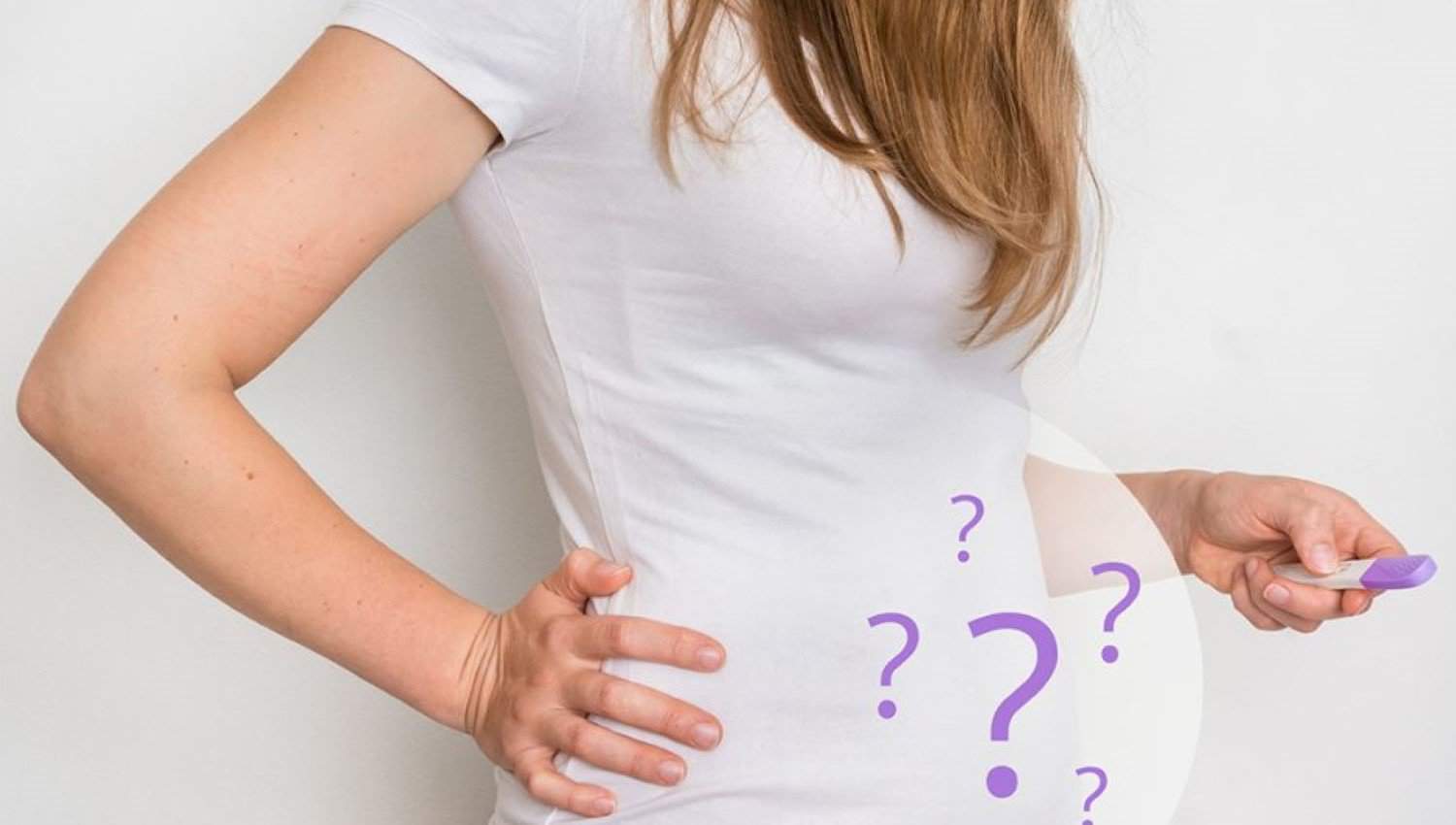
The site is temporarily down due to maintenance. Sorry for the inconvenience.
The site is temporarily down due to maintenance. Sorry for the inconvenience.
The site is temporarily down due to maintenance. Sorry for the inconvenience.
The site is temporarily down due to maintenance. Sorry for the inconvenience.
Quality & Accuracy
Experience
The latest technologies
Speed &
Credibility
₾38.00 Original price was: ₾38.00.₾34.20Current price is: ₾34.20.
Estradiol (E2) Is the most biologically active estrogen. Estrogens are involved in the formation of a woman's secondary sexual characteristics and, along with progesterone, are responsible for regulating the menstrual cycle, developing a woman's genitals, and maintaining pregnancy.
They affect calcium metabolism and have a positive effect on bone mass. Low estrogen levels are associated with decreased bone mineralization, leading to easy fractures and postmenopausal osteoporosis.
In men: Infertility, disorders of the hypothalamic-pituitary-gonadal system, gynecomastia and tumor of the testicles, hyperplasia of the adrenal cortex, osteoporosis.
In women: Infertility, disorders of the hypothalamic-pituitary-gonadal system, gynecomastia and ovarian tumors, hyperplasia of the adrenal cortex. Ovulation monitoring in stimulation cycles (in vitro fertilization), osteoporosis.
High estradiol levels can be manifested by menstrual irregularities, headaches, bloating, fatigue, chest pain, and mood swings.
Low estradiol levels are associated with irregular or non-regular menstruation, frequent urinary tract infections, pain during intercourse due to vaginal dryness, mood swings, depression, fatigue and so-called "flares".
Increases in estradiol levels may be caused by:
Decreased estradiol levels may be caused by:
Estradiol is produced mainly by the ovaries (follicle cells, corpus luteum), but small amounts are also produced in the adrenal cortex. During pregnancy, it is synthesized mainly by the placenta. Estradiol secretion has two peaks during the menstrual cycle. Its level increases during the follicular phase and depends on the growth and development of the ovarian follicle. It grows until the moment of ovulation and again, when a yellow body is formed. At the end of the menstrual cycle, estradiol and estrogen levels decrease.
In men, estradiol is produced by the testicles and adrenal glands. Its levels may increase in cases of impotence, some tumors, as well as in cases of excessive use of marijuana, alcohol or drugs (phenothiazines and spironolactone).
It is recommended to take the material in the first half of the day, in a calm state. Fatty foods and medications and products containing biotin (vitamin B7) should be excluded one day before the examination.
The patient should indicate the date of the last menstrual period (6-7 days of the menstrual cycle is recommended) or the gestational age determined by ultrasound.
Some medications act on estradiol levels: clomiphene, diazepam increase rates; Oral contraceptives, Megestrol reduces its levels.
Venous blood
When monitoring fertility, it is advisable to perform several tests over several days to determine basal estradiol levels and "peaks." Low basal levels without "peaks" or persistently elevated hormone levels are a sign of an anovulatory cycle (cycles without ovulation).
Low levels of estradiol in women over the age of 40 can be a sign of premature menopause, known as premenopause. In young women, low estradiol levels may be associated with anorexia, chronic kidney disease, or premature ovarian failure.
Higher levels of estradiol during pregnancy are also noted due to its increased production by the placenta.
Testing process
|
Purchase a test |
Submission of material |
|
Results Online |
Consult a doctor |

More than 1000 routine and complex/specific diagnostic tests in all major areas of clinical pathology.

48 laboratory centers in 25 cities of Georgia: Tbilisi, Rustavi, Kutaisi, Batumi, Marneuli, Telavi, Zugdidi, Zestafon, Gori, Kobuleti, Akhaltsikhe, Khashuri, Sartichala, Kazbegi, Borjomi, Samtredia, Gurjaani, Lagodekhi, Akhmeta, Ozurgeti, Poti, Chiatura , Dusheti, Kareli, New Gudauri.

Use the Synevo web platform to view results from anywhere and anytime
Use the Synevo web platform to view results from anywhere, anytime
From Monday to Saturday you can use the laboratory services at home.
☎️ Hotline: 239 38 33 or 239 40 65
577293008 (9:00-დან 17:00-მდე)
30 laboratory centers in 11 cities of Georgia: Tbilisi, Kutaisi, Batumi, Kobuleti, Zugdidi, Zestaponi, Rustavi, Marneuli, Akhaltsikhe, Telavi, Gori.
More than 3000 routine and complex / specific diagnostic tests in all major areas of clinical pathology.

"Synevo" - Providing a wide range of diagnostic services in Georgia, offering more than 1,000 routine and specific diagnostic tests in all major areas of clinical pathology. By the end of 2023, the Synevo Georgia network will include 3 clinical laboratories and 47 blood sampling units, which will perform more than 300,000 tests.
Contact information
Address: Tsinandali St. N9 (N1 Clinical Hospital area)
2021 – 2023 © Synevo. all rights reserved